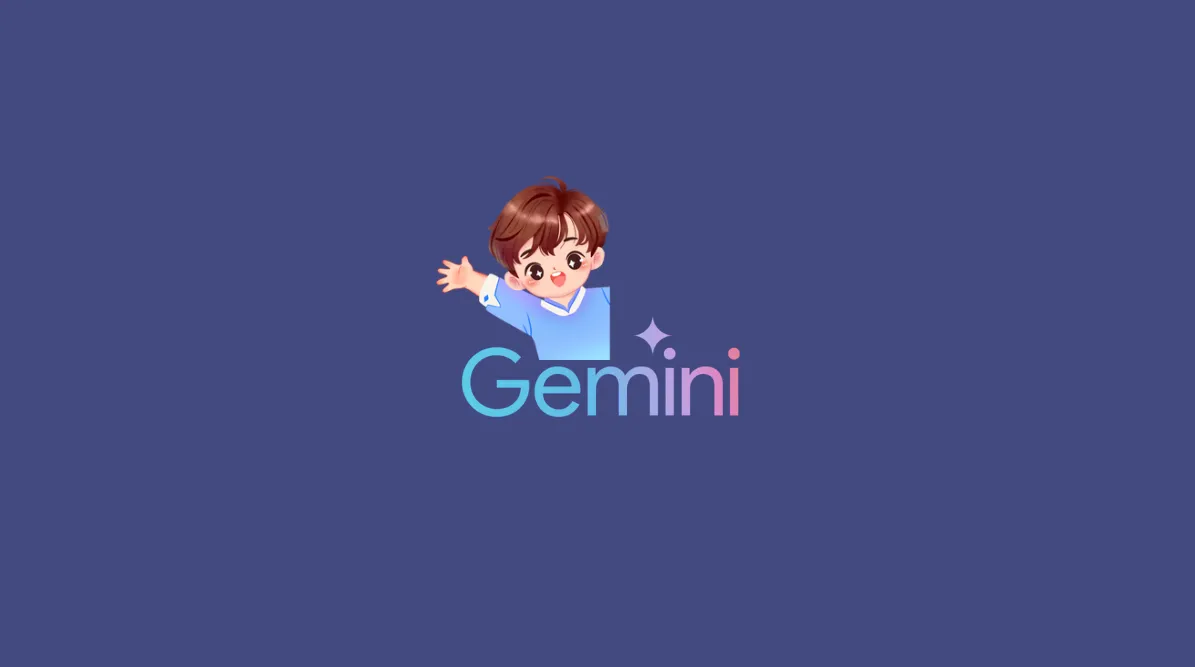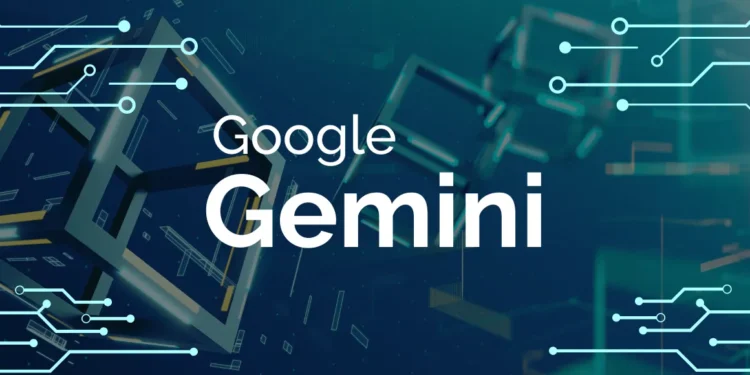In a groundbreaking move, Google is set to introduce its Gemini AI apps to children under 13 who have managed family accounts. With this step, Google aims to give kids a helping hand in their educational journey while ensuring parental control remains a top priority. But while the possibilities for learning and fun seem endless, there are important considerations that parents need to keep in mind.

The Gemini AI Rollout: What Parents Need to Know
Starting soon, children under 13 who are set up with managed family accounts through Google’s Family Link will be able to access Gemini AI apps on their monitored Android devices. Google is notifying parents about this new development via email, ensuring that the company’s Family Link parental controls will continue to provide oversight of their kids’ digital experiences.
According to reports from The New York Times, the goal is to allow children to use Gemini to assist with tasks such as homework help, story reading, and general learning support. This could prove to be a valuable educational tool, giving kids a way to access information and get assistance, much like an interactive tutor. However, it’s not all smooth sailing, as Google has included a word of caution for parents.
Google’s Safety Measures and Parental Controls
While Google is emphasizing the educational potential of Gemini for children, the company is also issuing a clear warning to parents. In their notification emails, Google has stressed that “Gemini can make mistakes” and that children “may encounter content you don’t want them to see.” This caveat serves as a reminder that even the most sophisticated AI can sometimes falter when it comes to context and appropriateness.

The type of mistakes Gemini might make could range from humorous errors, like recommending glue as a pizza topping or miscounting letters in a word, to more serious issues that could concern parents. The rise of AI bots like Character.ai has already shown how some young users may struggle to distinguish between chatbots and real people, and in some cases, bots have led users to believe they’re conversing with a human. This confusion has prompted legal actions over inappropriate content shared by the bots. Character.ai has since introduced additional restrictions and parental controls in response to these concerns.
For Google, the solution is a more cautious approach. The company has assured parents that, similar to its Workplace for Education accounts, kids’ data will not be used to train the AI. However, Google encourages parents to have open discussions with their children about the limitations of AI, explaining that it is not a human and should not be relied on for sensitive personal information.
Parental Control: A Double-Edged Sword
While Google’s Family Link provides parents with tools to monitor device usage, set limits, and block harmful content, this new level of access raises important questions about digital safety and responsibility. According to Karl Ryan, a spokesperson for Google, parents will receive notifications when their children first access Gemini. Furthermore, Family Link gives parents the ability to turn off access to the Gemini apps at any time, ensuring they retain control over what their children interact with.
Yet, there are still potential risks to consider. Although Gemini’s purpose is to assist children in educational tasks, the AI’s occasional missteps could lead to confusion, and in some cases, exposure to content that is not age-appropriate. Parents will need to remain vigilant, maintaining an active role in managing their children’s digital interactions with AI.
A New Tool for Learning or Just Another Distraction?
The decision to let children access advanced AI tools like Gemini could have a significant impact on how kids learn and interact with technology. For instance, the AI’s ability to assist with homework or read stories may become an invaluable resource, sparking curiosity and providing personalized learning experiences. However, the question remains whether the potential benefits outweigh the risks, especially in the context of controlling what children can access.

With AI becoming a more integral part of everyday life, this move by Google highlights the company’s commitment to integrating its tools into educational spaces while also raising important questions about online safety, data privacy, and how to keep kids from interacting with potentially harmful content. In many ways, this marks the beginning of a new frontier where AI and education intertwine, but it also brings with it the responsibility of careful oversight and monitoring.










